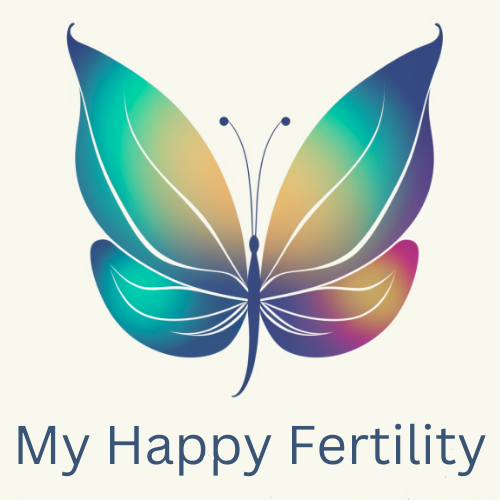Polycystic Ovary Syndrome (PCOS) is a common hormonal disorder that affects women of reproductive age. It is characterized by an imbalance of the reproductive hormones, leading to the formation of cysts on the ovaries. PCOS is one of the leading causes of infertility in women.What is PCOS?PCOS is a complex disorder caused by an imbalance of reproductive hormones. It occurs when the body produces too much of the male hormone, testosterone, and other androgens. This hormone imbalance can lead to a number of symptoms, including irregular menstrual periods, acne, excess body hair, and difficulty conceiving.
What are the Symptoms of PCOS?
The most common symptoms of PCOS are irregular menstrual cycles, excessive body hair, acne, and difficulty conceiving. Other symptoms may include weight gain, thinning hair, depression, and anxiety.
How is PCOS Diagnosed?
PCOS is diagnosed through a combination of physical examination, blood tests, and imaging tests such as ultrasound. The doctor will look for signs of anovulation (lack of ovulation), elevated levels of androgens, and the presence of cysts on the ovaries.
How is PCOS Treated?
PCOS is typically treated with a combination of lifestyle changes and medications. Lifestyle changes may include eating a healthy diet, exercising regularly, and reducing stress. Medications may include birth control pills to regulate hormones and ovulation, anti-androgens to reduce male hormones, and insulin-sensitizing drugs to help regulate glucose levels.
How Does PCOS Affect Fertility?
PCOS is one of the leading causes of infertility in women. The hormone imbalance associated with PCOS can lead to irregular menstrual cycles and anovulation, which can make it difficult to conceive. Women with PCOS may also have a higher risk of miscarriage.
What Are the Treatment Options for PCOS and Infertility?
Treatment for PCOS and infertility typically includes lifestyle changes, medications, and assisted reproductive technologies such as in vitro fertilization (IVF). Lifestyle changes, such as eating a healthy diet and exercising regularly, can help regulate hormones and improve fertility. Medications, such as clomiphene citrate, can help induce ovulation and increase the chances of conception. IVF can help women with PCOS who are unable to conceive naturally.
Conclusion
PCOS is a common hormonal disorder that affects women of reproductive age and is one of the leading causes of infertility in women. The symptoms of PCOS include irregular menstrual cycles, excessive body hair, acne, and difficulty conceiving. Treatment for PCOS and infertility typically includes lifestyle changes, medications, and assisted reproductive technologies such as IVF. If you think you may be suffering from PCOS, it is important to speak to your doctor to discuss treatment options.






